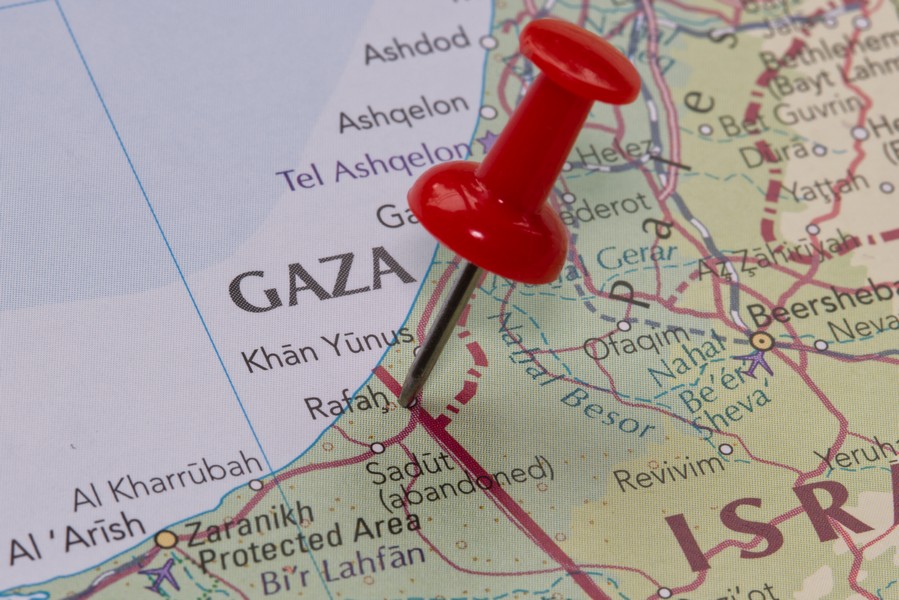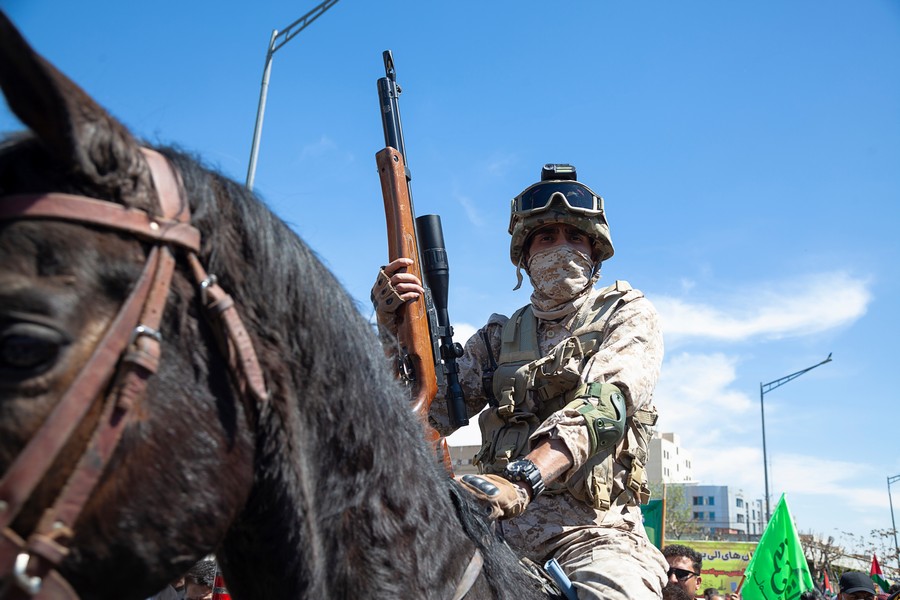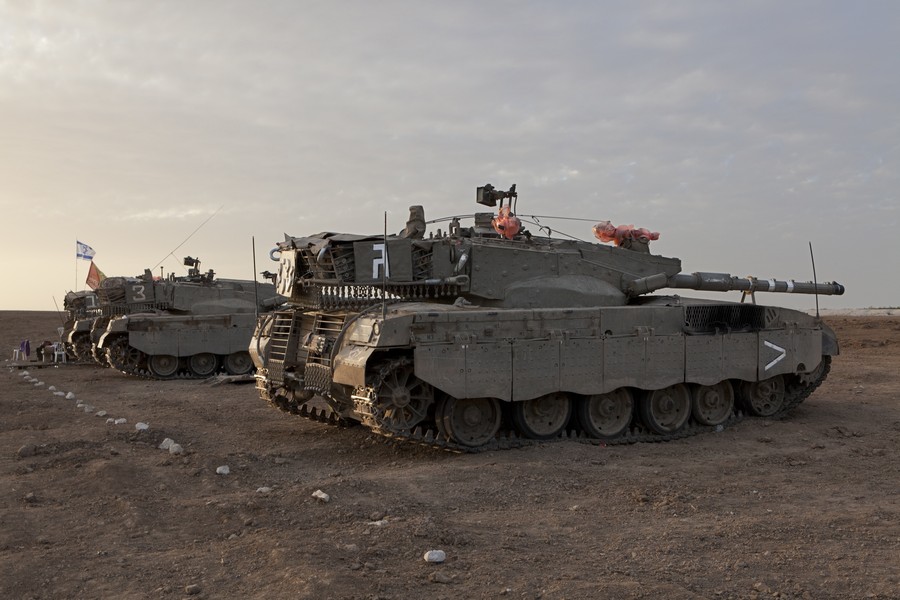Strategic Challenges: Israel, Normalization, and the US Alliance
Prof. Kobi Michael addresses several critical strategic issues, primarily focusing on the consequences of seeking normalization and the challenges facing the US-Israel relationship.
He discusses the dynamics of normalization and the F-35 deal, arguing that “there are no free meals” and Israel must pay a political price for American backing, especially concerning the future path for a Palestinian state.
The full interview took place on ILTV, on November 16, 2025.
https://youtu.be/mYPveOhe-so





